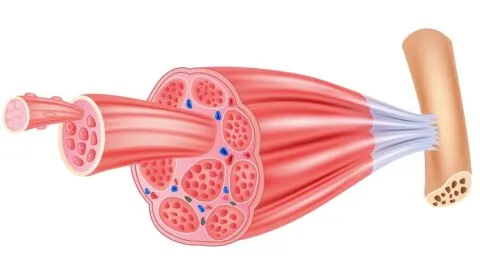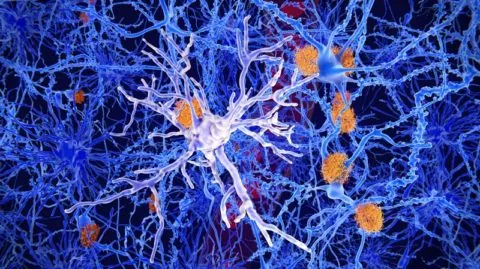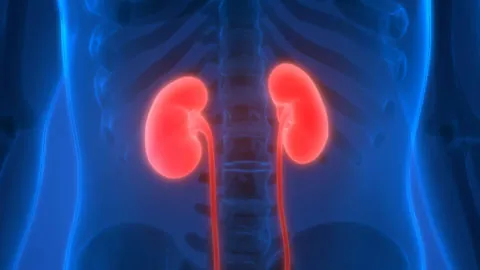November 06, 2023
Researchers publishing in ACS Nano have described how culturing stem cells on nanogratings instead of flat substrates changes the effects of the extracellular vesicles (EVs) they send, potentially paving the way to a new system of therapies. When signaling is critical Many of the effects of stem cells can be traced back to the EVs,...
July 13, 2023
Researchers publishing in npj regenerative medicine have found that destroying senescent cells through a well-known senolytic combination gives older killifish back some of their regenerative abilities. Regeneration, for a while Killifish, like starfish and salamanders, are some of the most well-known regenerators of the animal kingdom, able to even regenerate brain tissue [1]. However, these...
February 16, 2023
Researchers publishing in Cell Stem Cell have used organoids derived from human cells to regrow the brain tissue of rats. The need to repair permanent damage While human beings do generate new neurons (neurogenesis) [1], this ability is very limited, in both region and amount. Brain injuries [2] and strokes [3] are well-known sources of...
April 13, 2021
Scientists have successfully reprogrammed astrocytes (a type of brain cell) into healthy neurons in the brains of living mice. This technique could potentially be used for replenishing the neuronal population in people suffering from brain damage and age-related cognitive decline [1]. Cellular fate is not sealed Back in 2006, a group of scientists led by...
March 23, 2021
In a new study published in Stem Cell Reports, researchers have developed organoids to replace thyroid function [1]. If this approach is fully fleshed out and successfully brought to the clinic, it may become a true cure for hypothyroidism. A common but harmful affliction Hypothyroidism is one of the most common afflictions around the world,...
December 09, 2020
Recent data published in Scientific Reports has characterized human urine-derived renal stem cells, a potential non-invasive source for kidney tissue engineering and regenerative medicine. An unlikely source for kidney cells The kidney is, by far, the most frequently transplanted organ. This is because donors are much easier to find, as individuals can survive with a...






